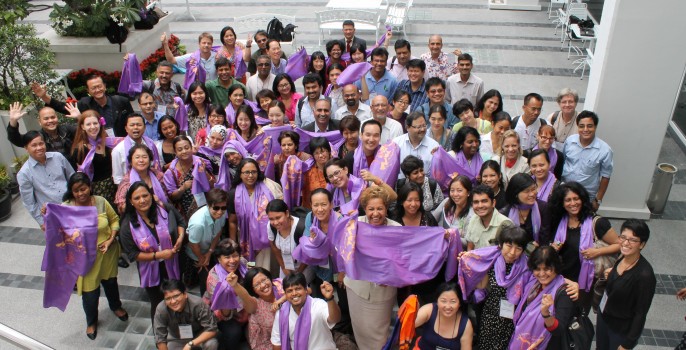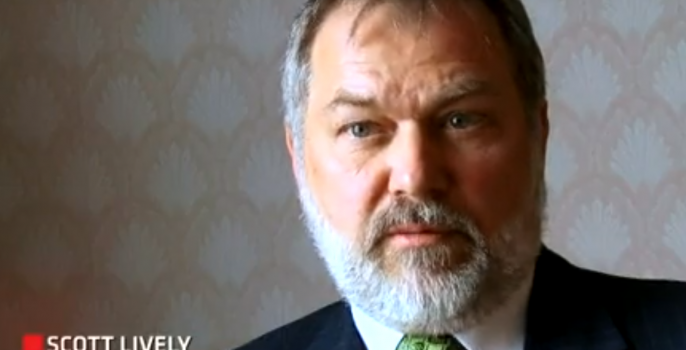The Bangkok Civil Society Declaration was prepared and agreed by representatives from 92 organisations from different major groups and coming from 21 countries from the Asia and Pacific region. Amongst other demands, the Declaration constitutes a strong call for the UN, as well as governments, to guarantee and advance rights based on sexual orientation and gender identity. The Declaration was presented to government representatives at the major United Nations gathering, ‘Ministerial Dialogue: From MDGs to a UN Development Agenda Beyond 2015′, which began this week (August 26) in Bangkok.
Photo: Civil society representatives from across Asia and the Pacific, August 24, 2013. Source.
Heads of State, Ministers and high-level representatives from Asia and the Pacific gathered in Bangkok this week to ‘collectively explore and identify the key challenges in the region that should be addressed in the elaboration of the United Nations Development Agenda beyond 2015 based on the lessons learned from the MDGs [Millienium Development Goals] framework.
Convened by the Royal Government of Thailand with the support of the United Nations Economic and Social Commission of Asia and the Pacific (ESCAP), the Asia-Pacific Ministerial Dialogue: From the Millennium Development Goals to the United Nations Development Agenda beyond 2015 marks the first regional Ministerial-level event to discuss the United Nations post-2015 development agenda following the release of the report of the United Nations Secretary-General’s High-level Panel of Eminent Persons.’
The Bangkok CSO Declaration will be fed into the global process shaping the post-2015 development framework, and calls for a move from ‘inclusive to just development’.
Amongst other measures addressing gender and sexual rights, the Declaration calls on governments and international institutions to ‘eliminate laws and policies that perpetuate discrimination on the basis of gender, sexual orientation or gender identity; criminalize or marginalize specific groups; reinforce inequalities; and create barriers to services, particularly sexual and reproductive health services, including safe abortion.’



